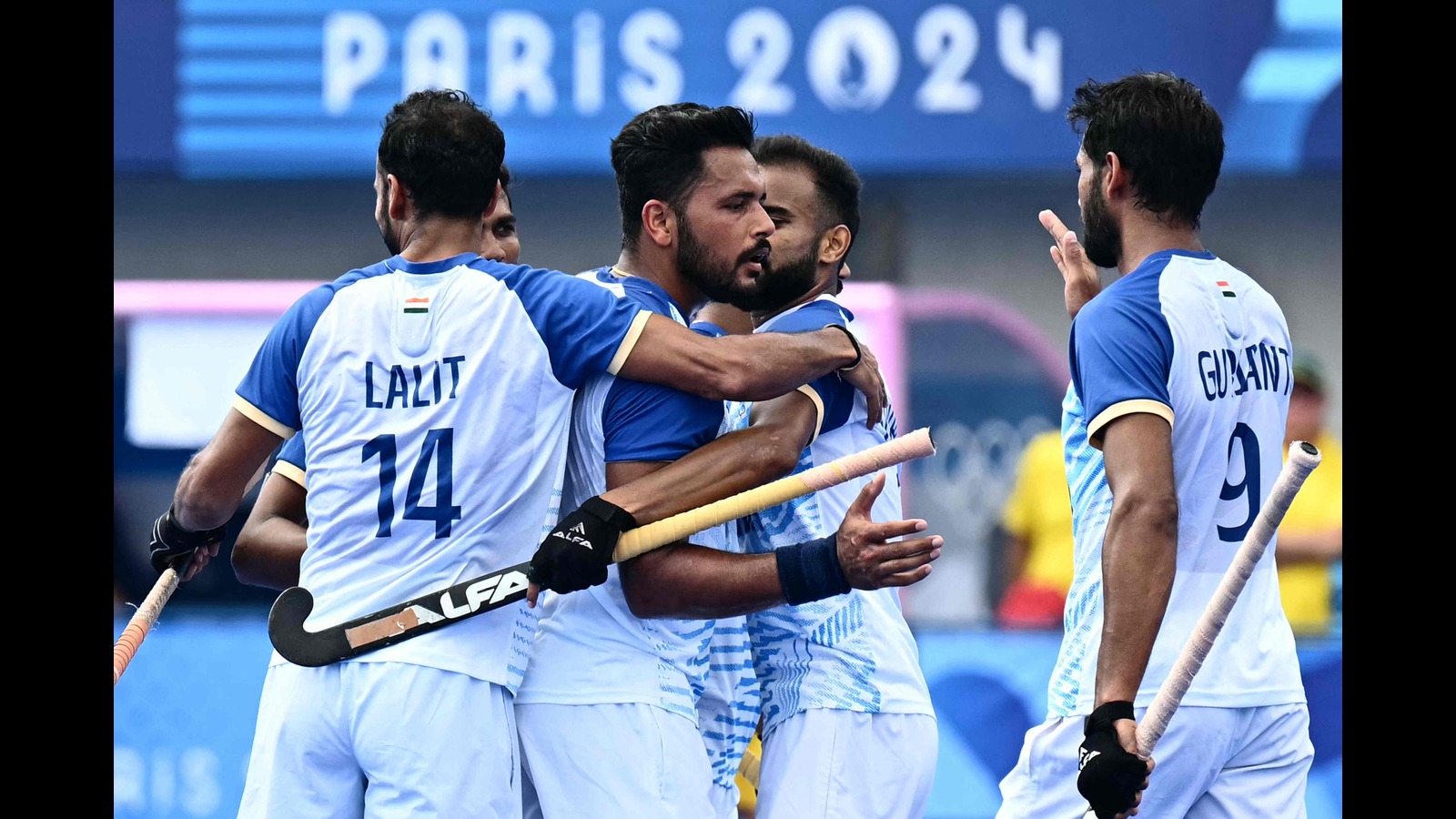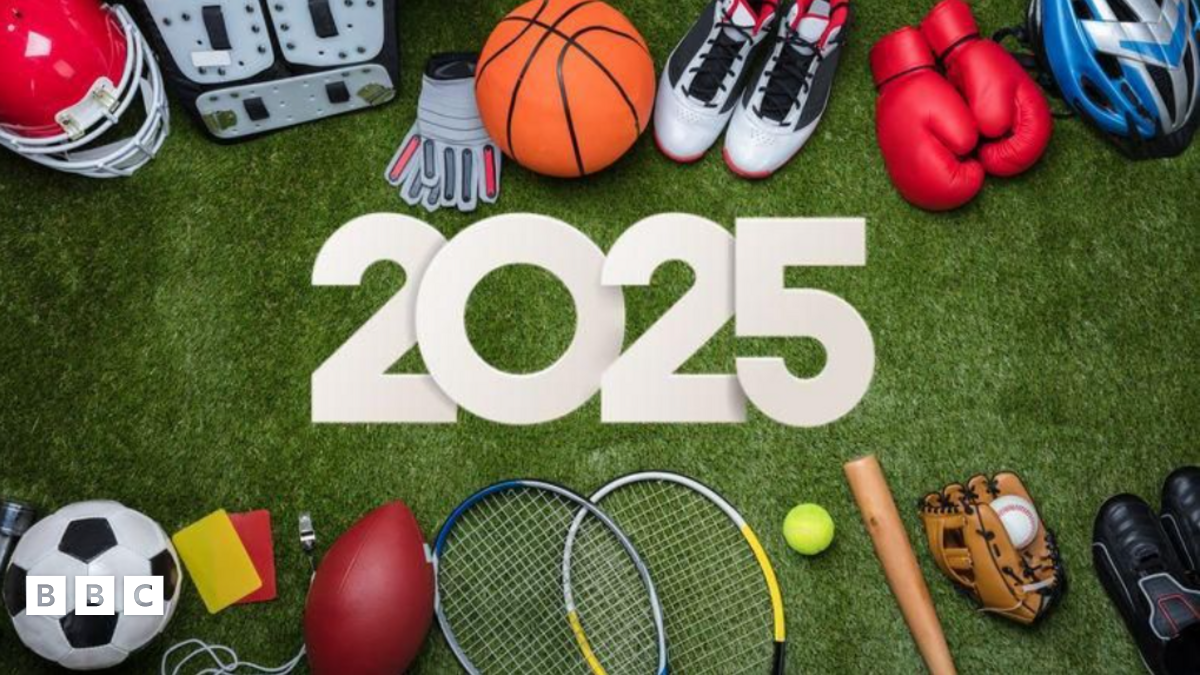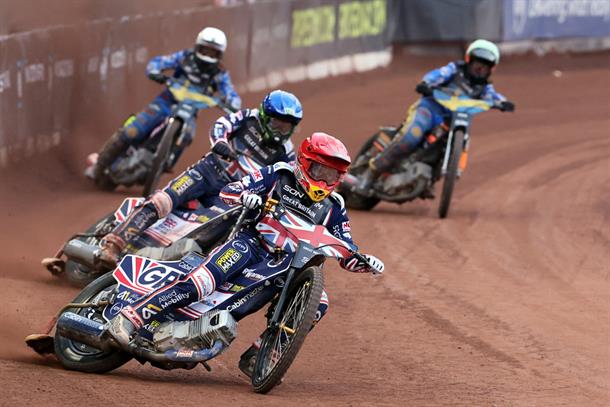Old-age hockey rival Great Britain stands in India’s path

- by Admin
- August 3, 2024

Paris: An old age hockey rival stands in India’s pathway to the men’s Olympic hockey semi-final. Eager to claim a podium finish in successive Olympics and revive India’s glory, Harmanpreet Singh’s men will Sunday run into Great Britain in a contest that promises to be humdinger.
India’s fortunes will vest on the play-making duo of former captain Manpreet Singh and Hardik Singh, who have anchored command of the midfield in the preliminary league outings, while Britain have been galvanised by their the strike-power that even threatened to undermine reigning World champions Germany in the other group.
The fast-moving Europeans leave little room for mistakes to go unpunished and this has compelled the Indians to bolster the defence, to the extent of falling back in huge numbers and pack their territory.
With skipper Harmanpreet Singh often showing an inclination to overlap and move upfront, ace midfielder Hardik has been assigned the crucial role of plugging gaps in the defence for counter-attacks on the Indian goal. Giving Manpreet company in mounting raids is Jarmanpreet Singh, who has shaped well in the role of an attacking medio.
After starting tentatively, India are now looking primed for the knock-out rounds after two tough games against defending champions Belgium and Tokyo runners-up Australia. The Indians have gained as much from the one-goal loss to Belgium as the stirring victory over Australia, who played badly in the circle and were caught off-colour by the inspired rivals. The Indian team’s think-tank is not expecting any gifts from Britain, who have given a tough run to crack outfits like Germany and The Netherlands.
The confidence gained from the bronze medal at the Tokyo Games has rubbed off on this squad that has a handful featuring in their maiden Olympics, raising the level of their performance against elite opponents. Strikers Abhishek and Sukhjeet Singh have shown the sparkle India needs to breach the dogged British defence, but the other forwards must also cause some stir to threaten the seasoned rivals led by David Ames.
Qualitatively, Britain’s best performance in Paris has been the 2-2 draw against The Netherlands. Apart from the gritty game against Germany, their strike-force was evident in the league fixture against Spain, when they slammed four goals without reply.
The results will now come in fine margins, but India will do well to remember that this British team has displayed outright aggression. One question utmost on the minds of Indian hockey followers remains: When will India unveil the hidden penalty corner execution strategy!
Statistically, compared to India, Britain have had more circle penetrations in their respective league outings, forced a lot more penalty corners and have an edge even in the number of goals scored. Led by Sam Ward, Phillip Roper and Gareth Furlong, the thrust of this British team is their aggressive outlook.
India are still rankled by their ouster from the 2008 Beijing Olympic Games owing to a defeat at the hands of Britain in the last qualifier. But their Olympic history goes way back.
British outfits dominated the international scenario before the world became aware of the oriental wielders of the mulberry sticks. The first Olympic gold in 1908 was won by England in a four-nation event that included Ireland (silver), Scotland and Wales (bronze). Britain retained the title in 1920 before India arrived on the scene.
Between 1928 and 1936, India won three successive gold medals when Britain were not present in the hockey arena – the cause for which has never been conclusively answered.
Many hockey followers claim it was due to India’s supremacy on the hockey pitch creating doubts among British officials about the impact of losing to a dominion in a global event. British historians, however, insist the dispute between Great Britain and the International Hockey Federation was the reason for their absence.
Whatever may be the cause, these two nations first came face to face in the Olympic final at Wembley in 1948, where the team led by Kishan Lal won the independent India’s maiden medal at the international stage.
In 1988, India fell short of making the semi-finals due to the loss at the hands of Britain in the last league fixture, from where Britain surged to take the gold medal. Since then, Britain have not been able to claim a spot on the podium, although they fell just one short at London in 2012.
The Latest News
-
December 25, 2024Britain’s ‘worst street’ where people ‘loot shops and aren’t shocked by murder’
-
December 25, 2024A Detailed Breakdown Of The Key Astrological Events Coming In 2025
-
December 25, 2024UK tech’s naughty or nice list – UKTN
-
December 25, 2024The European countries where Christmas is celebrated 13 days later than UK
-
December 25, 2024Daily horoscope: December 25, 2024 astrological predictions for your star sign




-large.jpg)
